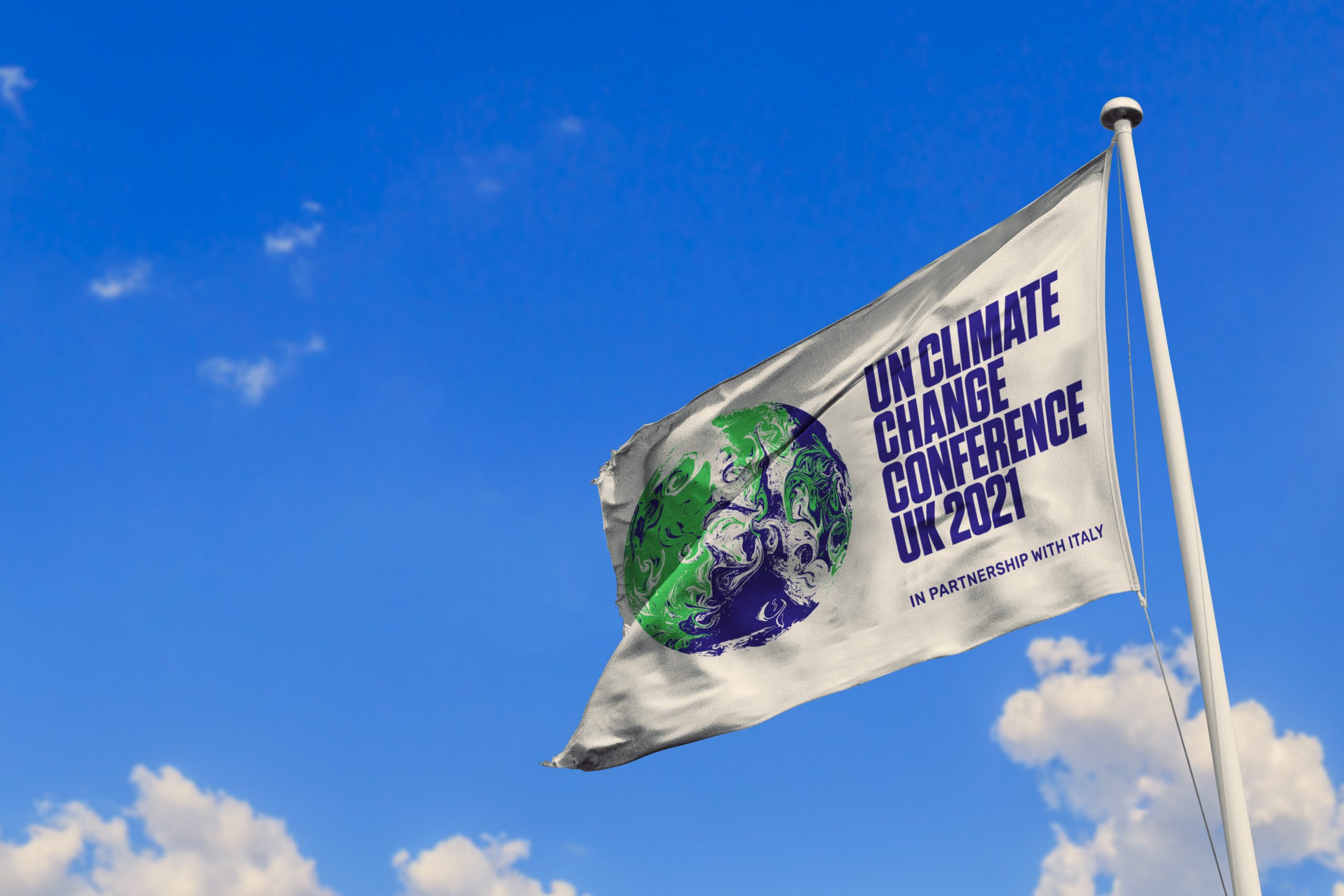27 Oct COP26: what does it mean for companies and brands?
By Julia Hoy and Georgia Bennett
As we speed towards the commencement of COP26 on Sunday 31 October, media reports of the 26th UN Climate Change Conference are feverishly covering last-minute announcements of evolving policy, new commitments, and attendees amongst the world’s political leaders.
For those unfamiliar with the conference, COP is the coming-together of governments to accelerate action towards decarbonisation. Participating governments are required to share their updated targets in line with the Paris Agreement. This year, focus will be on interim targets, shining a spotlight on what countries intend to do to reduce carbon emissions within the decade – rather than the longer-term view to 2050.
This year represents a significant milestone for COP; the global conversation has (largely) moved on from ‘Is climate change real?’ to ‘How long do we have?’
With this new, heightened level of global consensus comes significant demands for companies and brands alongside governments. Of course, we all look to political leaders to set the national framework; however, calls for businesses to set and achieve more ambitious targets are also swelling around the globe.
In the eyes of the public, COP26 is a moment to scrutinise policy decisions, but it is also a moment for consumers to reflect on the companies we invest in, support and buy from. Many brands are being pushed by consumer demand to refocus their role and consider what more they could be doing.
Further, brands are being asked to share their decisions with an unprecedented level of candour and transparency, holding themselves to account by opening their processes to the public eye.
The business community is ahead of governments in many ways; physical risks posed by climate change, more demanding and savvy investor requirements, and increasingly high standards consumers and employees are all pushing business to work harder and accelerate action towards net-zero.
COP26 provides companies with a valuable opportunity to publicly refocus and refresh their efforts on sustainability. Every company of every size has a role to play in supporting a swift and organised transition to a net-zero economy. Every business leader has a prerogative to consider what more can be done.
The next several weeks is a valuable window for brands and businesses to look at their targets, ensuring they have the right interim targets in place to support a transition in the near term and longer-term.
It’s a time to collaborate and come together, sharing learnings and progress so that industries, not just individual organisations, can move forward together and have a greater economic impact for Australia’s future.
It’s also a moment to demonstrate vision and leadership and re-engage with stakeholders on the bigger picture.
This is as relevant for a company’s own staff as it is their consumers, investors and regulators; more than ever, employees are looking to understand their company’s sustainability plan, and get involved to help their team work towards a sustainable future.
COP26 can be used as a milestone to refocus staff on what they’re doing and why it matters – our shared goals, actions, challenges and what the company is doing to overcome them. We all want to understand how our employers will accelerate progress towards their targets; most of us are keen understand how we can roll up our sleeves and help.
The four things to keep top of mind for sustainability communications with employees:
- Recognise the role that communication can play in creating positive change in an uncertain time, bringing people across the company together behind one framework.
- Raise the voice of employees. Sustainability impacts everyone’s role. Empower your employee as sustainability spokespeople who can share their stories, challenges and successes.
- Keep transparency at the heart of your communications. Sustainability is a journey and there are going to be challenges every step of the way. The more transparent a company is, the more that journey is shared, and your most important stakeholders can see the actions taken to genuinely progress towards a more sustainable future.
- Authentic actions and communication inspire, build trust, and help companies better connect with employees.
Julia Hoy is the Head of Sustainability Communications at Sefiani
Georgia Bennett is an Account Director at Sefiani
The Sustainability Communications Practice at Sefiani established in 2021, works with both corporate and consumer-facing organisations on roadmap-to-zero communications, ESG communications, consumer, stakeholder and employee engagement, thought leadership, partnerships and advocacy, and community education initiatives.


